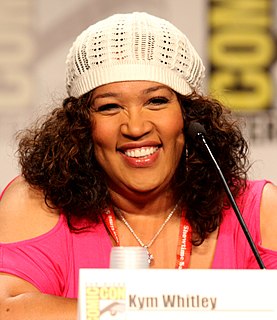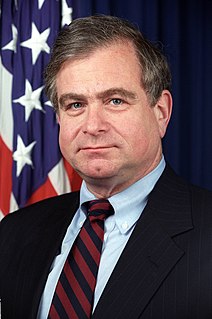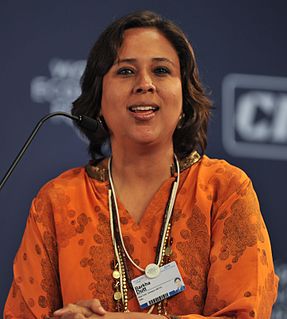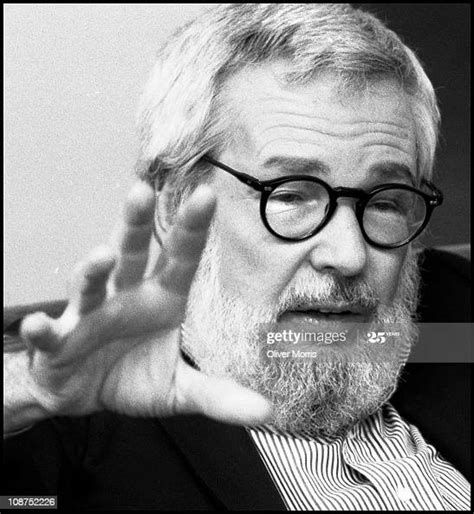A Quote by Roland Barthes
Rarely do outside of school remedies work their way into the fabric of the schools or into the teachers lives, and more rarely into the classrooms. Therefore they only offer a modest hope of influencing the basic culture of the school
Related Quotes
What do teachers and curriculum directors mean by 'value' reading? A look at the practice of most schools suggests that when a school 'values' reading what it really means is that the school intensely focuses on raising state-mandated reading test scores- the kind of reading our students will rarely, if ever, do in adulthood.
I don't know if one's more typecasting than the other, or what I am more like. But I know that the high school I went to was a private school. It was prep school. It was a boarding school. So we didn't have a shop class. We didn't have Saturday detention. We went to school on Saturday. We did have Sunday study, which you very rarely get, because then you have 13 straight days of school. Who wants that?
If you're afraid to talk to the other adults in your school it is definitely throughout history the hallmark of a failing school. When I was writing about the teachers' strike in New York City in 1968, the middle school where events triggered that strike was a place where teachers were known to hide in their classrooms.
Younger teachers are definitely more likely to have worked at charter schools as opposed to have just heard of them. Charter schools explicitly look, often, to hire younger people. I've even talked to people who didn't necessarily go into teaching thinking they wanted to work at a charter school or even may have been considered critics of the charter school movement, and found that it was the only way for them to get their foot in the door. So young people just have much more familiarity with the concept.
There's a small movement of teacher-led schools across the country. These are schools that don't have a traditional principal, teachers come together and actually run the school themselves. That's kind of the most radical way, but I think something that's more doable across the board is just creating career ladders for teachers that allow certain teachers after a certain number of years to inhabit new roles. Roles mentoring their peers, helping train novice teachers to be better at their jobs, roles writing the curriculum, leading on lesson planning.
The future teachers I try to recruit are those show have refused to let themselves be neutered in this way, either in their private lives or in the lives that they intend to lead in school. When they begin to teach, they come into their classrooms with a sense of affirmation of the goodness and the fullness of existence, with a sense of satisfaction in discovering the unexpected in their students, and with a longing to surprise the world, their kids, even themselves, with their capacity to leave each place they've been ... a better and more joyful place than it was when they entered it.
School choice opponents are also dishonest when they speak of saving public schools. A Heritage Foundation survey found that 47 percent of House members and 51 percent of senators with school-age children enrolled them in private schools in 2001. Public school teachers enroll their children in private schools to a much greater extent than the general public, in some cities close to 50 percent.
A good school is a relative concept, and the better schools are located in more expensive neighborhoods. But when everyone bids more for a house in a better school district, they succeed only in bidding up the prices of those houses. As before, 50 percent of all children will attend schools in the bottom half of the school quality distribution. As in the familiar stadium metaphor, all stand, hoping to get a better view, only to discover that no one sees better than if all had remained seated.

































